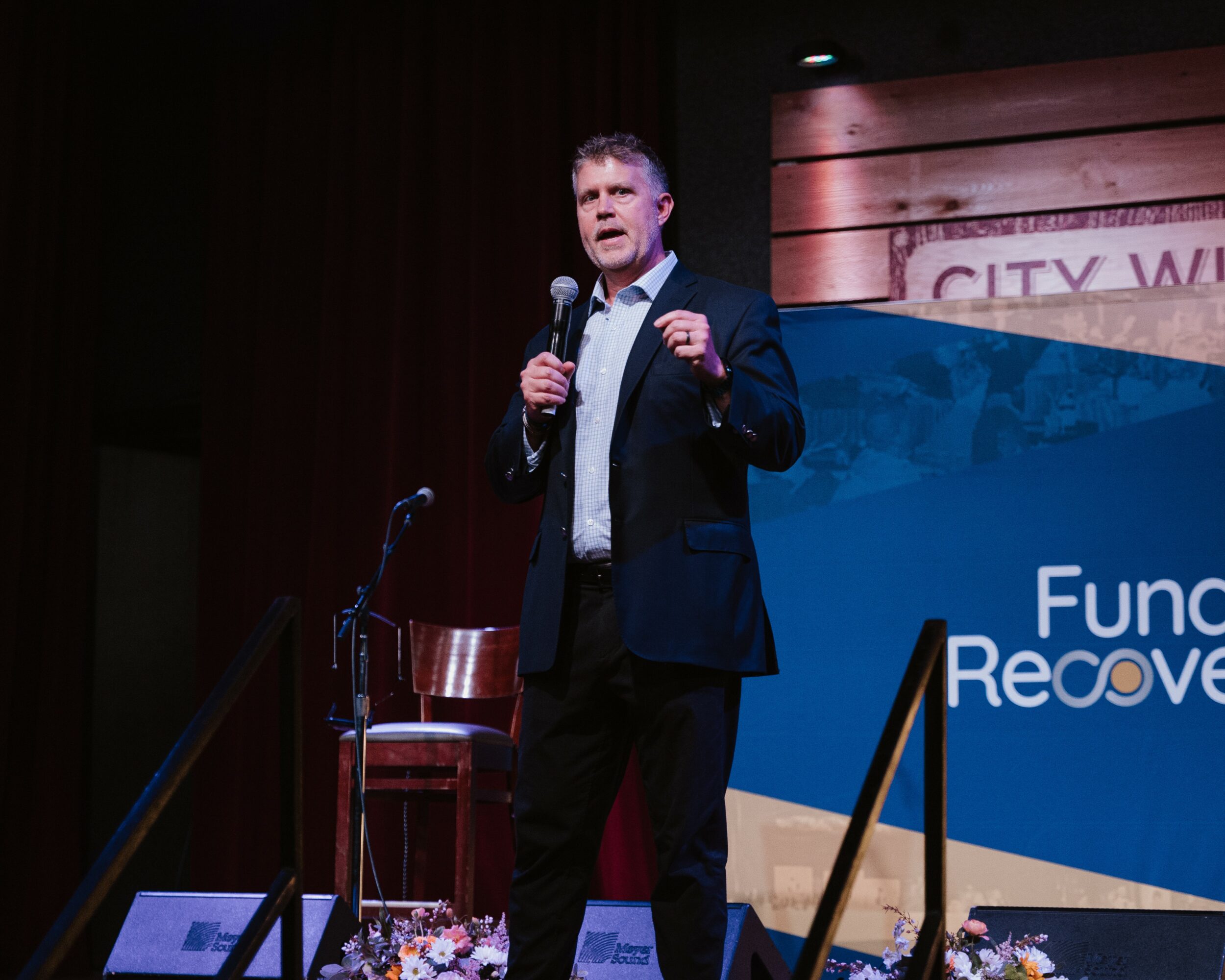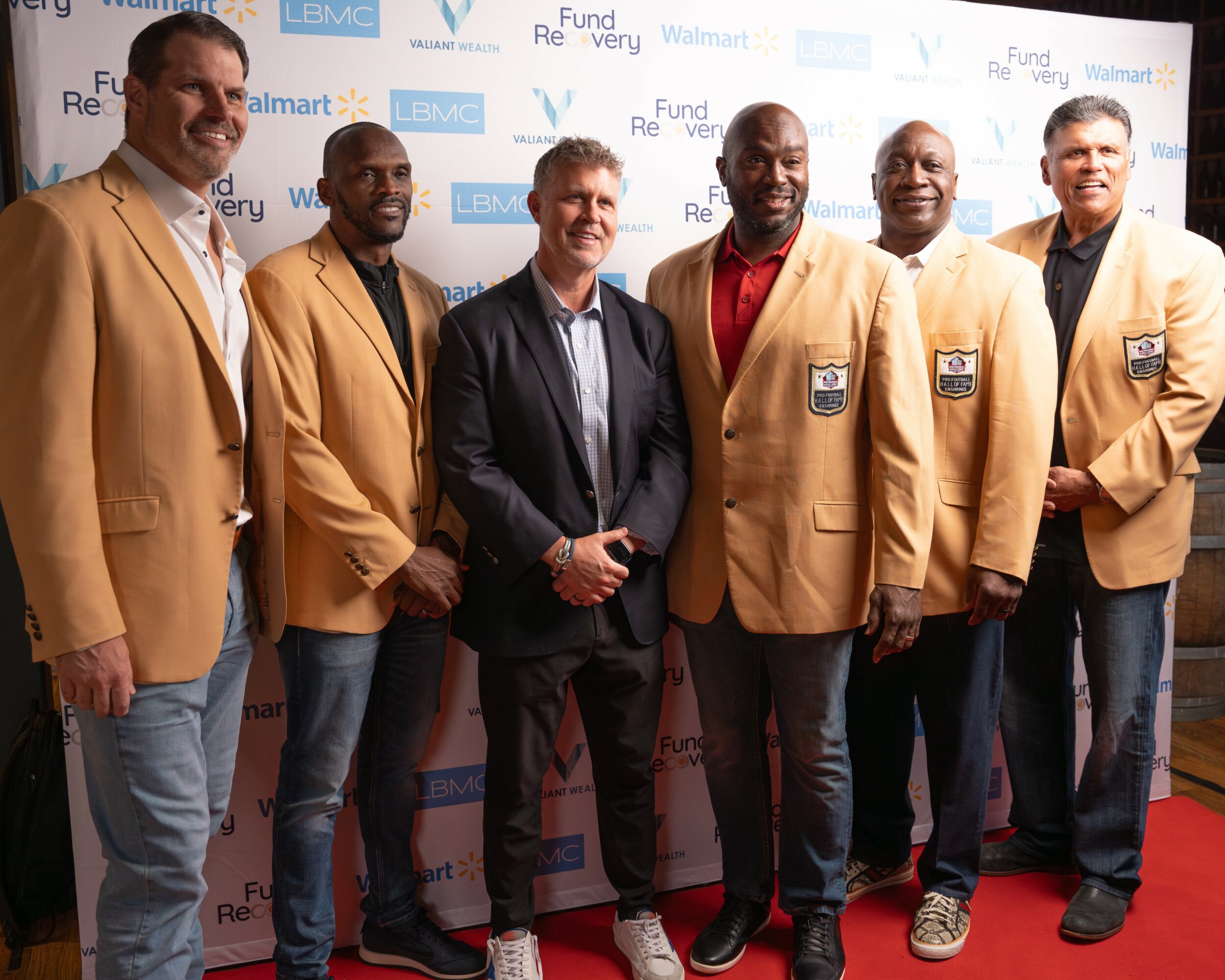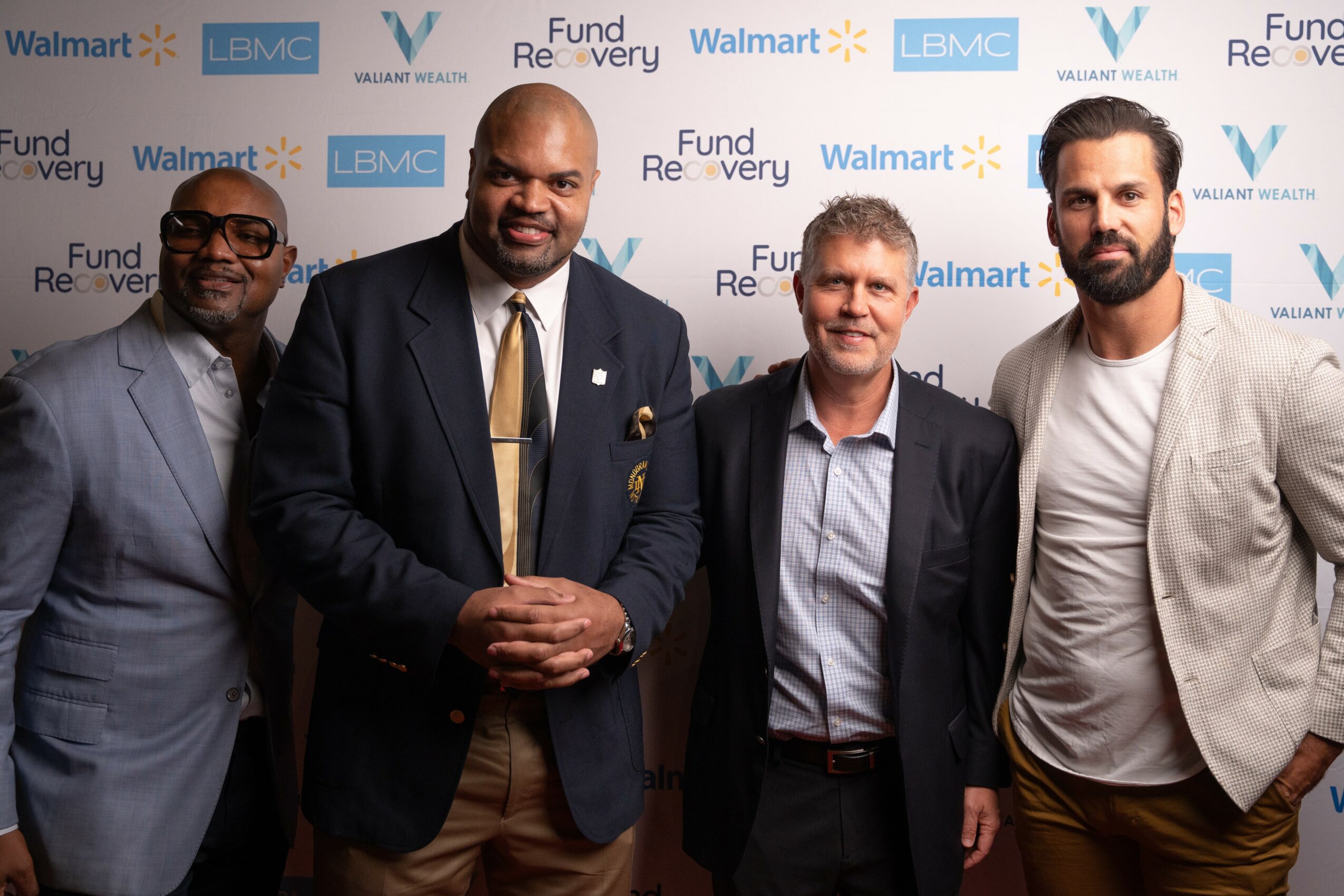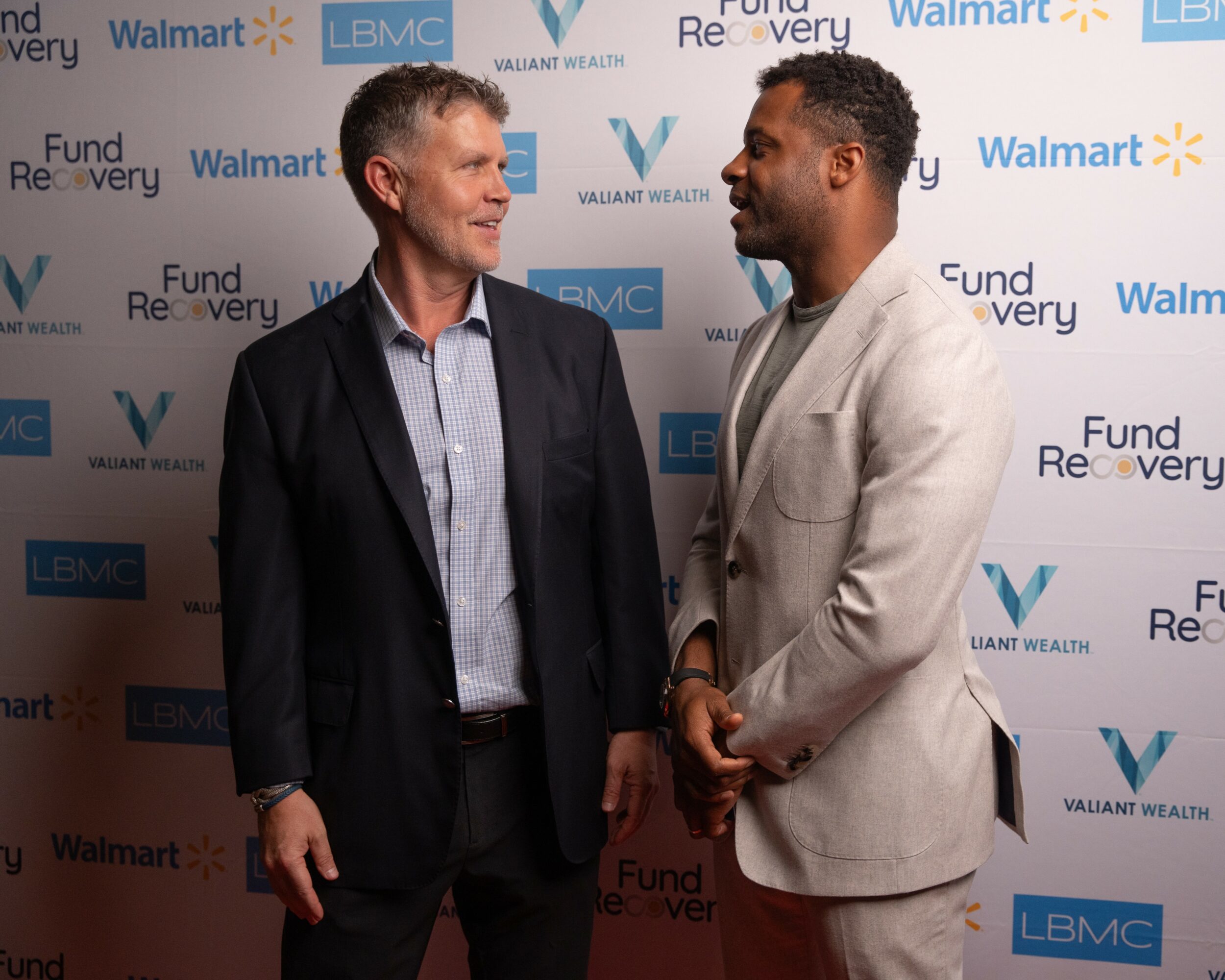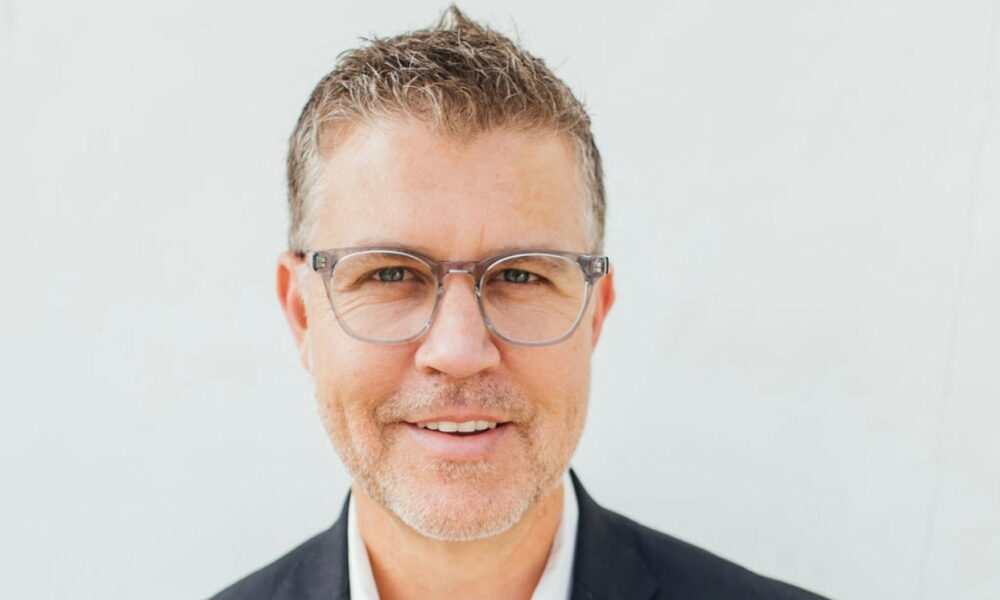

Today, we’d like to introduce you to Ryan Cain.
Hi Ryan, please kick things off for us with an introduction to yourself and your story.
I was born and raised in Nashville. I have two great parents and a younger brother. As a child, I was very active in sports and loved playing any and everything with a ball. As a high schooler, I got good grades and kept my passion for sports, such as playing basketball and running track. In my senior season, life happened to me for the first time as I suffered a career-ending ACL tear, abruptly stopping my dreams of competing at the next level.
Looking back 20-plus years later, I realize I was depressed and began medicating with pills and alcohol to manage my feelings. This solution worked for me until it didn’t. Although my life continued to blossom from an outsider’s perspective- wife, kids, good job, friends, and material things- on the inside, I felt lost and began physically seeing the effects of long-term drug and alcohol use. In the end, a miracle happened- I was arrested. Caught in a situation that I could not talk my way out of, I ended up losing my wife, custody of my kids, my house, and my career within six months.
The miracle was this- these losses became the foundation on which I based my recovery. The “things” in life I used as a measuring stick to compare myself with others were gone. I was stuck with myself. It was so scary, and I had nothing left to lose, but I knew there had to be a better way. I began making new friends and, eventually, even changed careers from healthcare entrepreneur to drug and alcohol interventionist. Not knowing what was next and with no real plan, I just continued to work with others who needed help, and in 2016, I started a comprehensive drug treatment program called the Nashville Recovery Center.
The company helped hundreds of people get their life back, and the company was sold in 2020. Once again, I was at a crossroads career-wise, but my fear was now gone. I had regained custody of my kids, mended relationships from my past, rebuilt trust, and remarried. I had solid evidence that I was going to be ok. I trusted that as long as I did the next right thing, paths would become clear to me as to what was next. I began working with the Pro Football Hall of Fame, supporting its members and their families with mental health services and a crisis line should they need anything like therapy or treatment.
After a couple of years of serving this community, I began offering the same services to colleges, universities, and companies that needed some guidance and direction when it came to helping their members, students, employees, or staff with mental health. I created an organization called the Hope Desk to continue the work I started personally, but now, with the goal of helping others the same way someone helped me at my lowest point.
Would you say it’s been a smooth road, and if not, what are some of the biggest challenges you’ve faced along the way?
The number one obstacle I face is still stigma. It took me years into my recovery to feel capable of telling my story (the whole story) to people. I always had little voices in my head telling me the lie that they would judge me or I would never get what I wanted if they knew who I really was. But the truth I have found is this: Every single one of us has self-doubt, fear, bad mental health days, lack of self-confidence, and struggles.
My fear had kept a wall up between me and the intimacy I had so desired. I always wanted to be heard and understood. By being vulnerable with my own story, I have made connections with friends and colleagues that are so much deeper and meaningful. It has also created space for others to come to me with their own issues, whatever they may be. Once we own our struggles, we begin to take the power away from those struggles.
I appreciate you sharing that. What should we know about The Hope Desk?
The Hope Desk helps organizations deliver branded, accessible, affordable, and integrative mental health solutions to their entire workforce or memberships within a single, intuitive experience. We believe it is ESSENTIAL for any organization to prioritize mental health care as a fundamental aspect of the overall well-being of their members or employees.
Accessing mental health care can be challenging. Limited availability of providers, costs and insurance coverage, stigma, and lack of awareness or mental health education are barriers that make accessible care difficult for many. At The Hope Desk, we understand the complexities and challenges associated with navigating mental health and substance misuse issues. We help with simplified and accessible solutions for individuals who are seeking help.
Our job is to make the process of finding the right resources and support as effortless as possible. With our concierge services, we work with employers and organizations to help their members or employees struggling with mental health and substance misuse problems.
Contact Info:
- Website: hopedesk.co
- Instagram: @ryancain00
- Linkedin: www.linkedin.com/in/ryancainhof
- Twitter: @ryancain00
